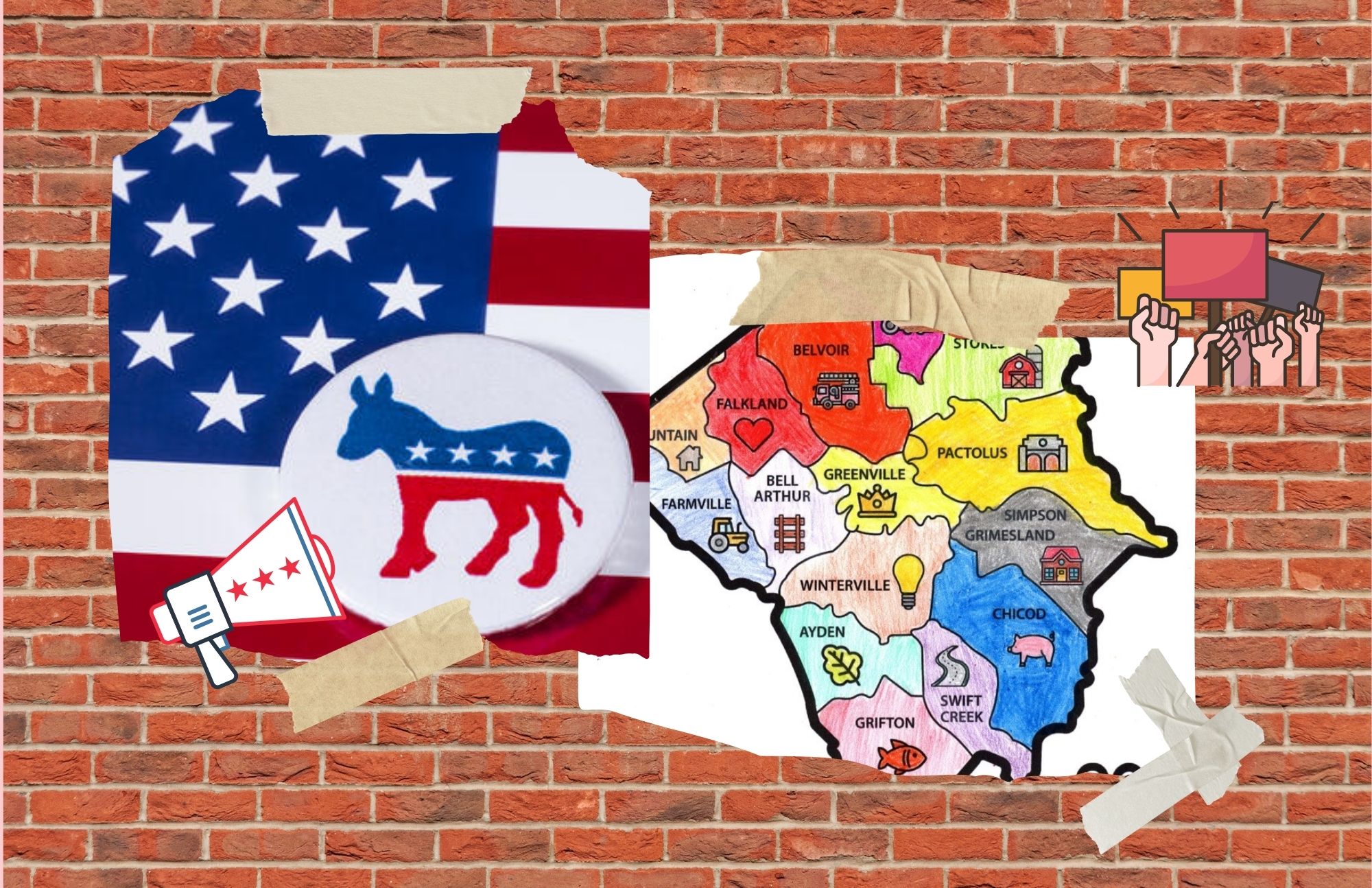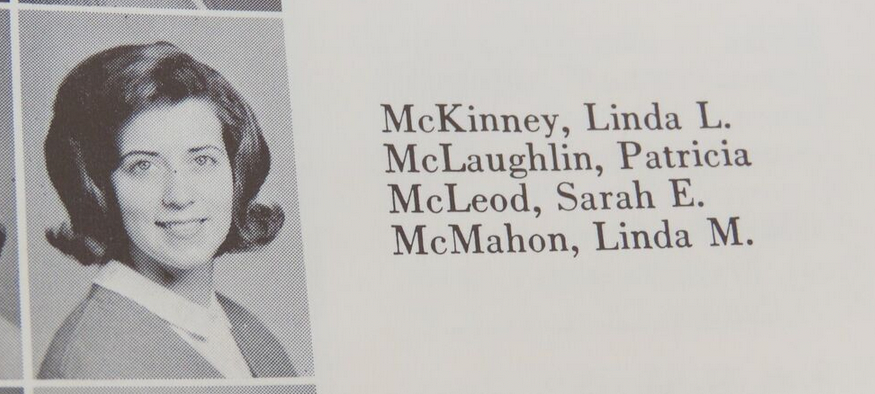More than 100 children in North Carolina died from gun-related injuries in 2022 alone, a 147% increase in child gun deaths since 2017, according to the North Carolina Department of Health and Human Services.
A 2023 study from the department’s injury prevention report shows that gun deaths among children aged 0 to 17 have increased every year since 2017. That year, 45 children died from firearm-related injuries. By 2022, the number had climbed to over 100. Most of these deaths were homicides, but unintentional shootings and suicides also played a significant role. In fact, most firearm deaths among non-Hispanic Black, Native American, and Hispanic children were homicides, while suicides were more prevalent among non- Hispanic White and Asian children. The 2023 report is the state’s most recent analysis of childhood gun deaths, although such fatalities have continued.
One of the 2024 fatalities was 5-year-old Karter Rosenboro, who was fatally shot by his sibling in a home north of Greenville. The firearm, a 9mm Taurus handgun, had reportedly been left loaded and unsecured, leading to an accidental discharge. In response to incidents like this, Pitt County Schools have begun educating parents and guardians about safe firearm storage. The school system’s website provides links to resources emphasizing the importance of keeping guns locked, unloaded, and stored separately from ammunition to prevent unauthorized access by children.
Kristen Hunter, public information officer for the Greenville Police Department, says the city has a problem with guns being stolen from unlocked cars, often by juveniles. While the city has not recently experienced any child-related firearm deaths, she said. The Greenville Police Department works closely with East Carolina University Police to educate both the student population and the wider community about firearm safety.
Travis Knight, a 14-year Army veteran and owner of Knight’s Defense, a firearm shop in Sanford near Raleigh offering firearm safety and carry courses, says gun retailers have a role to play in reducing firearm-related incidents involving children. “We practice with dummy rounds and go over the basic use of firearms,” Knight said. “The most important thing I teach my students is how to handle a firearm safely, like always pointing it in a safe direction and keeping their finger off the trigger.”
Although Pitt County does not have the highest rate of child firearm-related deaths in the state, it has seen a significant number of overall firearm deaths. Between 2016 and 2018, the county recorded 55 firearm-related deaths (including adults and children), with a rate of 10.3 per 100,000 residents. By comparison, Robeson County had a firearm death rate of 26.7 per 100,000, with Halifax County close behind at 24.1 per 100,000.
Advocates say one shortcoming is that North Carolina lacks a universal safe storage law. While the state has penalties for allowing minors to access firearms, advocates argue these measures fall short. Efforts to strengthen gun safety laws such as mandating locked storage in homes with children have stalled in the legislative committee or failed to gain enough bipartisan support to pass.





